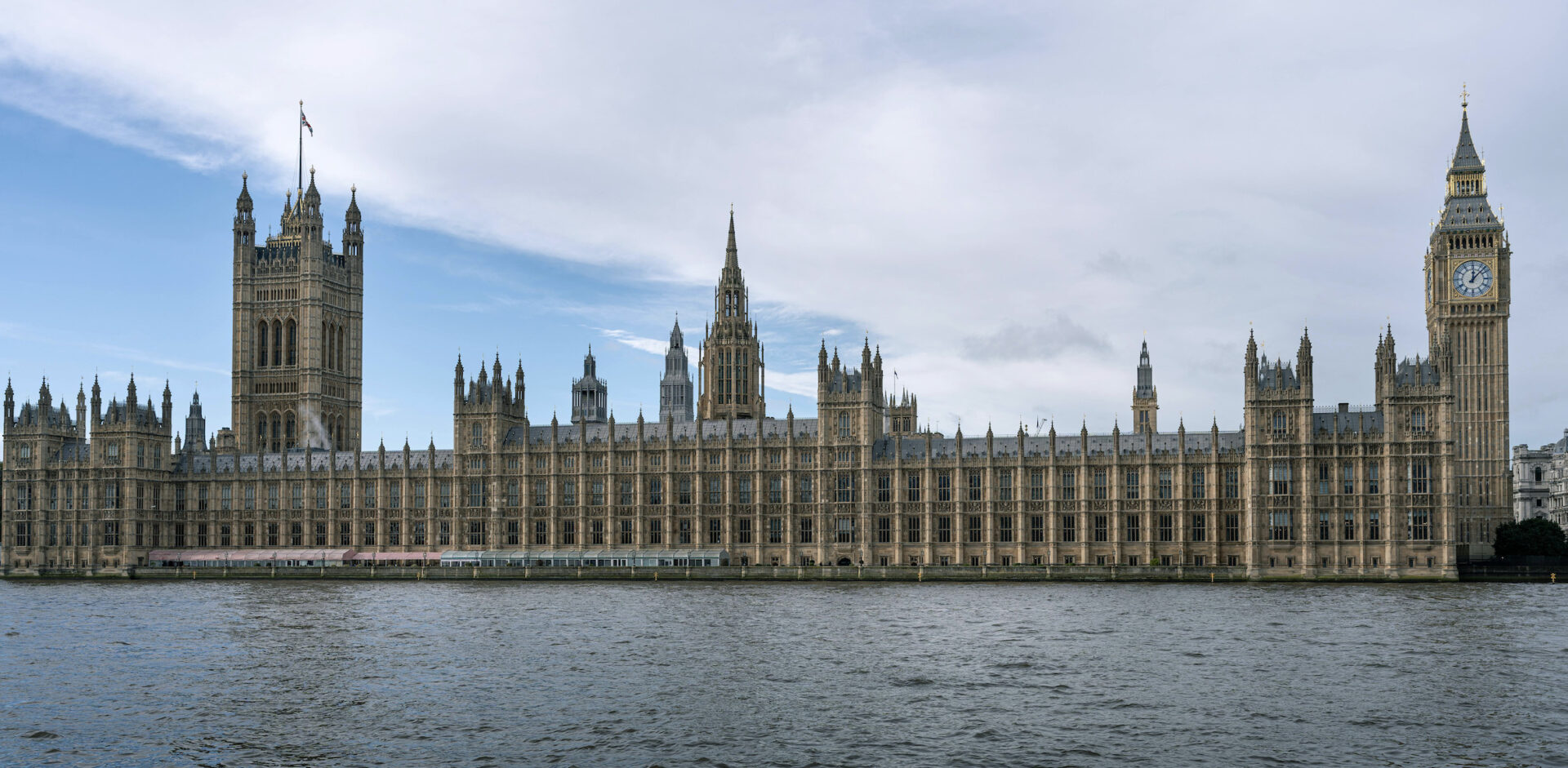Junior Account Manager, Edward Poynton, explores the lessons in crisis comms that we can learn from the Labour Party’s run up to this year’s Autumn Budget.
As the Labour government prepares to deliver its second Autumn Budget, it’s fair to say expectations are low, rumours are rife and Rachel Reeves faces an unenviable challenge: how to sell an inevitably unpopular message to a weary public.
While economists will pick apart the numbers, at Coverdale Barclay we’re interested in what the government’s communications strategy reveals and what lessons businesses can draw from it when faced with their own reputational crises.
From the outset, it’s important to acknowledge that rules and traditions around the Budget have limited Labour’s freedom, such as the requirement for Parliament to hear its contents first (something the Speaker of the House gets very angry about when the Budget is leaked in its entirety every year). Nonetheless, there are still lessons to draw from their approach.
- Control the narrative, or someone else will
In the summer of 2024, the Labour Party released its Manifesto. In it was a key promise; “Labour will not increase taxes on working people, which is why we will not increase National Insurance, the basic, higher, or additional rates”.
Manifesto promises are often broken, but this commitment carried weight.
Communications over the last few months have gradually softened that position. Selective leaks, careful phrasing, Reeves’ 4th November speech hinting at everyone “doing their bit” and a refusal to rule out changes, the groundwork was being laid for a reversal. People were not happy, but they were ready.
Yet the 14th November “leak”, which suggests the government is not raising income tax after all, perhaps an attempt to regain control of the story, introduces a new wrinkle: the narrative has pivoted, but the pivot itself is messy. Another potential u-turn has left the public confused, distrusting and feeling vulnerable.
At Coverdale Barclay, we’ve advised clients through crises from sudden rent rises to leadership changes, and we typically recommend getting ahead of a story to neutralise speculation. But when a negative announcement can’t yet be made, because a decision isn’t final or the facts aren’t ready, the government’s approach of drip-feeding information can be effective. Gradually preparing audiences can soften the eventual impact.
But this slow burn approach can have mixed results. On the one hand, it helps prepare audiences emotionally for bad news. On the other, it creates an information vacuum, one quickly filled by media speculation and public cynicism.
In business, as in politics, it’s far harder to correct false perceptions than to shape one from scratch. If you leave too much space between signals and facts, you risk losing control of the story.
Of course, there’s the question of how quickly an organisation the size of government can change direction. Budget decisions require sign-off or feedback from multiple ministers, the Chancellor, the Prime Minister, senior Treasury officials, the Bank of England and the OBR, far from the lean structures where a single department head can approve rapid action.
Smaller businesses, or those with shorter sign-off processes, can address bad news within days and regain control of the narrative. Larger organisations with boards and bureaucracy, as seen in the BBC’s current crisis following Tim Davie’s resignation, can take months to agree a response by which time they’ve often lost control and are forced simply to weather the storm.
- Without a vision there is no forgiveness
Ultimately, communications strategy can only do so much if the underlying vision doesn’t connect. Without a clear end goal that resonates, people won’t understand the rationale behind difficult decisions, popular or otherwise.
“Fiscal Responsibility” is the vision Reeves, a disciple of the Bank of England’s conservative economics, wants to sell. Behind this term are some progressive economic funding targets, be it social or green energy, but what Reeves has pushed is paying down the National Debt. This is a noble cause, and Reeves will likely succeed, but she won’t be thanked for it.
The government’s economic policy lacks an emotional vision that resonates with the public. Paying down the national debt may be important long-term, but if people are choosing between heating and eating because their monthly pay packet doesn’t stretch to both, it’s not going to motivate voters to get on board. A vision needs tangible benefits, and the government’s messaging has struggled to convey them.
Similarly, a town centre redevelopment described as ‘10 new retail units and 300 homes’ is abstract. Framing it as development that will save people time, support local businesses, bring people together and ultimately enhance quality of life is something business owners and communities can actually feel and understand.
If stakeholders can’t see and understand the long-term benefits, they won’t accept the short-term pain. A credible human vision must sit behind every tough announcement. For businesses, the lesson is clear: crisis comms isn’t just about damage limitation. It’s about long-term trust. When audiences understand your why, they’re more forgiving of your what.
- Meet people where they are
Labour’s communication machine is trying to broaden its reach beyond Westminster. The newly established Downing Street New Media Unit has ramped up efforts to collaborate with content creators and influencer – a number of which were given front row seats at Rachel Reeves’ 4th Nov update – recognising the trust they command with younger audiences.
Whether it’s influencers, community leaders or respected industry figures, borrowing credibility from trusted voices can help an organisation reach audiences who might otherwise be disengaged. It’s not about spin, it’s about access.
Final thoughts
The Autumn Budget is a reminder that effective communications in the run up to critical change can help organisations weather the crisis.
Handled well, even unpopular decisions can strengthen credibility. Handled poorly, they do lasting reputational damage. And for the Labour Party at this juncture, that’s the last thing they need.
At Coverdale Barclay, we help organisations manage that balance, turning difficult moments into opportunities to demonstrate leadership, authenticity and trust.



